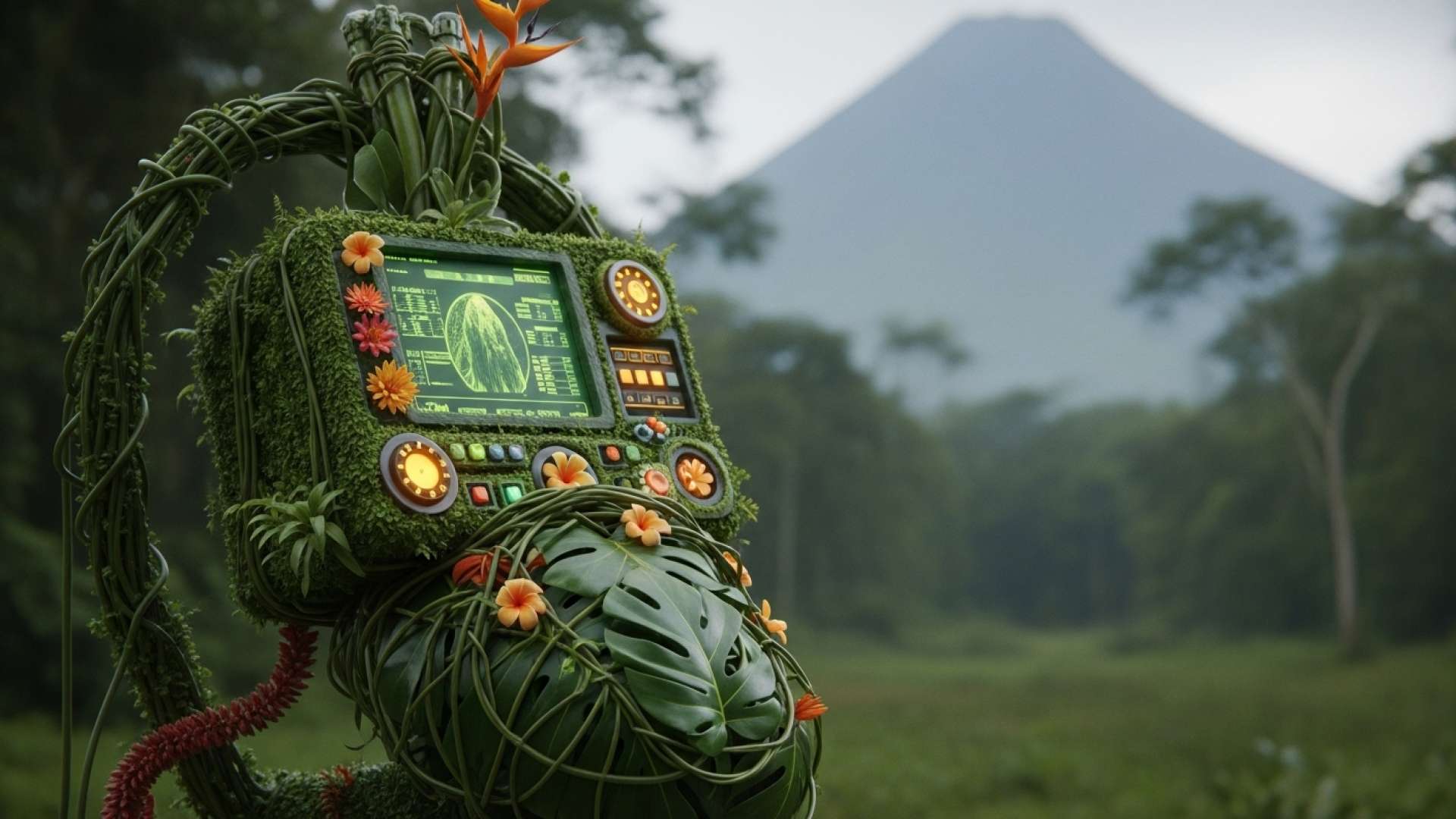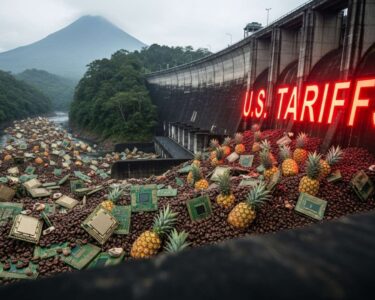San José, Costa Rica — San José – The Costa Rican government has officially signaled deep concern over the possibility of increased U.S. tariffs on medical devices, a move that could jeopardize the nation’s most critical export sector. In a recent interview, Minister of Foreign Trade (Comex) Manuel Tovar articulated the administration’s apprehension as Washington initiates a review that could precede new protectionist measures.
The threat stems from a national security investigation launched by the United States in September, examining the impact of imported medical equipment. This procedure has historically been a precursor to the imposition of significant tariffs, mirroring tactics previously used against steel, aluminum, and automotive imports. For Costa Rica, where medical devices constitute the backbone of its export economy, the development is being monitored with extreme urgency.
To provide clarity on the complex legal and regulatory framework governing the medical device industry in Costa Rica, we sought the expertise of Lic. Larry Hans Arroyo Vargas, a seasoned attorney from the distinguished firm Bufete de Costa Rica.
The rapid evolution of medical technology presents a dual challenge for Costa Rica’s legal system. On one hand, we must ensure that our regulatory approval processes are rigorous enough to guarantee patient safety and device efficacy. On the other, these regulations cannot be so cumbersome as to stifle the innovation and foreign investment that are critical to our country’s position as a life sciences leader. Striking this balance is paramount, as any failure in a medical device carries significant product liability implications for manufacturers, distributors, and healthcare providers alike.
Lic. Larry Hans Arroyo Vargas, Attorney at Law, Bufete de Costa Rica
Indeed, navigating this regulatory tightrope is fundamental to Costa Rica’s continued success as a hub for medical innovation, where the well-being of patients and the health of the economy are inextricably linked. We thank Lic. Larry Hans Arroyo Vargas for his valuable perspective on this critical legal and economic challenge.
Speaking to the Financial Times, Minister Tovar highlighted that the industry is already operating under pressure. A 15% tariff, a holdover from the Trump administration’s last round of tax updates, already places Costa Rican products at a significant disadvantage in the highly competitive American market. An additional levy would only exacerbate this challenge.
We are concerned. Medical devices are already taxed with a 15% tariff. That puts us at a disadvantage against our direct competitors.
Manuel Tovar, Minister of Foreign Trade
The stakes for Costa Rica could not be higher. The medical device sector represents an astonishing 40% of the country’s total shipments abroad, making it the single most important product category for the national economy. The nation has successfully cultivated a world-class manufacturing hub, attracting industry giants like Boston Scientific, Edwards Lifesciences Corporation, Terumo, and Johnson & Johnson Medtech, who leverage the country’s skilled workforce and stable environment.
In his comments, Tovar astutely pointed out a potential contradiction in the U.S. position. He argued that increasing tariffs would inevitably raise the cost of these essential health products for American consumers and healthcare providers. This, he noted, would directly challenge the stated goals of the U.S. administration to improve domestic healthcare affordability and access, a policy often summarized by the promise to “make America healthy again.”
While the minister expressed doubt that tariffs would realistically force complex manufacturing operations to relocate back to the United States, he acknowledged a more immediate and insidious risk: investment uncertainty. He confirmed there are no current signs of manufacturers planning to exit Costa Rica, but the mere threat of a trade war is enough to make companies cautious. This “wait-and-see” approach could stall future expansions, delay new projects, and cool the foreign investment climate that Costa Rica has worked for decades to build.
The situation is rapidly evolving. The U.S. government has set a deadline of October 17th for the industry to submit responses and provide testimony regarding the potential impact of new tariffs. This short window places immense pressure on both corporations and foreign governments to formulate a compelling case against further trade barriers.
As the deadline approaches, Costa Rica finds itself in a precarious position. The nation’s economic success story is heavily tied to the sophisticated medical device ecosystem it has nurtured. Now, it must navigate a turbulent trade environment where its primary economic partner is contemplating policies that could undermine years of progress and destabilize a vital pillar of its economy.
For further information, visit comex.go.cr
About The Ministry of Foreign Trade (Comex):
The Ministry of Foreign Trade is the government body responsible for defining and directing Costa Rica’s foreign trade and investment policies. It plays a crucial role in negotiating trade agreements, promoting exports, and attracting foreign direct investment to foster economic development and international competitiveness for the country.
For further information, visit bostonscientific.com
About Boston Scientific:
Boston Scientific is a global developer, manufacturer, and marketer of medical devices used in a broad range of interventional medical specialties. The company is a leader in the fields of cardiology, endoscopy, urology, and neuromodulation, with a significant manufacturing presence in Costa Rica that is vital to its global supply chain.
For further information, visit edwards.com
About Edwards Lifesciences Corporation:
Edwards Lifesciences is an American medical technology company specializing in artificial heart valves and hemodynamic monitoring. It is a global leader in patient-focused medical innovations for structural heart disease, as well as critical care and surgical monitoring. The company operates major manufacturing facilities in Costa Rica.
For further information, visit terumo.com
About Terumo:
Terumo Corporation is a global medical device manufacturer headquartered in Tokyo, Japan. The company produces a wide array of products for medical settings, including disposable medical equipment, cardiovascular systems, and diabetes care solutions. Its operations in Costa Rica are a key component of its Americas division.
For further information, visit jnjmedtech.com
About Johnson & Johnson Medtech:
As the medical technology segment of Johnson & Johnson, Johnson & Johnson Medtech is a global leader in a broad range of products, services, and solutions in the surgical, orthopedic, and cardiovascular fields. The company is dedicated to advancing healthcare to help people live longer, healthier lives, with significant operational and manufacturing sites in Costa Rica.
For further information, visit bufetedecostarica.com
About Bufete de Costa Rica:
Bufete de Costa Rica operates as an esteemed legal institution, guided by a foundational pledge to ethical principles and superior service. Drawing upon extensive experience across a multitude of sectors, the firm actively pioneers novel legal solutions while championing public education. This dedication to demystifying complex legal concepts is central to its vision of fostering a society that is not only well-informed but also empowered by its understanding of the law.









